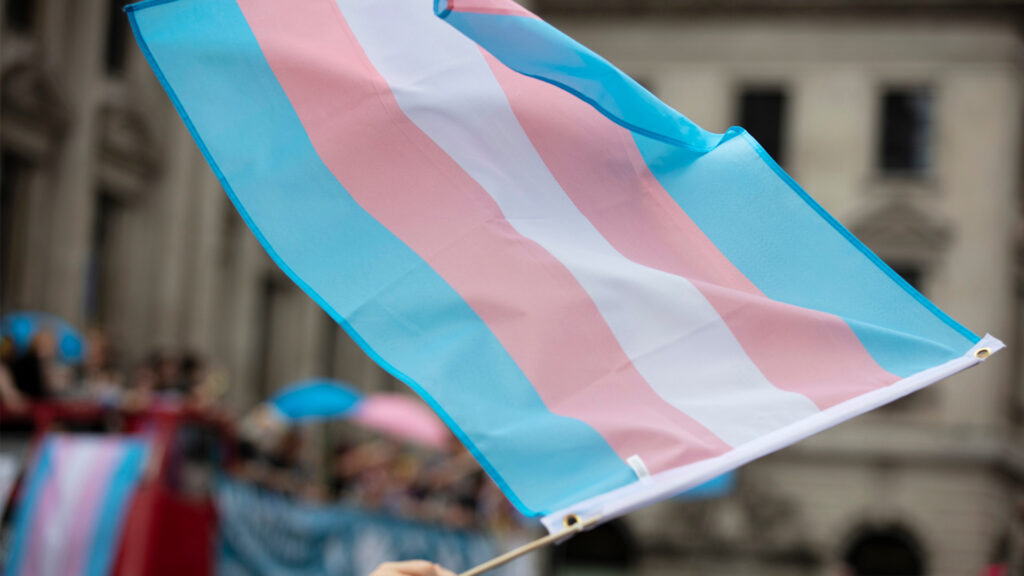The claimant, Mr Finn, had several altercations with one of his colleagues, Mr King, which culminated in Mr King calling the claimant “bald”, followed by an expletive. Mr Finn claimed this remark was harassment on the grounds of his sex and brought a claim against his employer and Mr King (the respondents).
What does the law say?
Under the Equality Act 2010, harassment on grounds of sex occurs where a person is subject to unwanted conduct related to their sex, and the conduct has either the purpose or effect of violating their dignity or creating an intimidating, hostile, degrading, humiliating or offensive environment. When considering whether the unwanted conduct had that effect, the tribunal will take into account whether it was reasonable, in all the relevant circumstances, for the conduct to have the relevant effect.
What did the tribunal decide?
The respondents argued that women could also be bald and so it was not an insult that was directed at men. However, the three members of the tribunal found that the word “bald” was connected to the protected characteristic of sex because baldness was much more prevalent in men than in women. They noted that all three of them were in fact bald, which backed up their point.
The tribunal also found that Mr King’s comment was unwanted conduct, and that Mr King had intended it to violate the claimant’s dignity and created an intimidating, hostile, degrading, humiliating or offensive environment for him – Mr King actually admitted that he wanted to insult Mr Finn. As such, the tribunal did not need to consider whether the conduct had that effect on Mr Finn. That said, the tribunal considered that it would have been reasonable for Mr King’s words to have that effect.
How can employers protect themselves against this type of liability?
The case demonstrates the scope of protection that is available to workers under the Equality Act. It also serves as a useful reminder that the sex of the harasser is not always important, as the dispute involved two men.
Employers can’t always avoid these types of altercation, particularly where employees are working without supervision, but that doesn’t mean they can’t protect themselves from liability. Where an employee has harassed another on ground of either sex, or another protected ground, the employer won’t be liable where they have taken all reasonable steps to prevent the harassment from happening. This is likely to include having robust equal opportunities and anti-harassment and bullying policies and procedures in place, ensuring employees are aware of the contents of these policies and procedures, providing training to managers and employees, and ensuring that the deal with complaints effectively.
If you would like help creating policies or updating your own policies, or want to provide training to your managers and employees, please get in touch at s.austin@capitallaw.co.uk.




